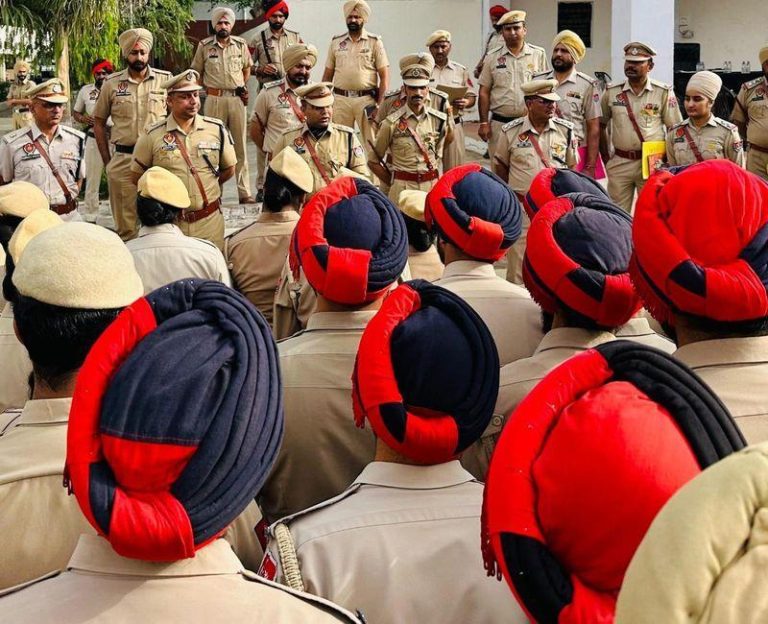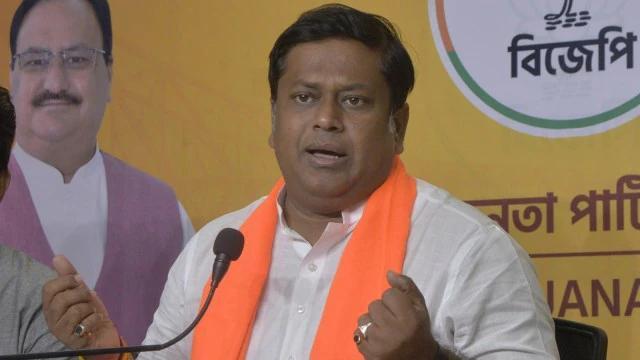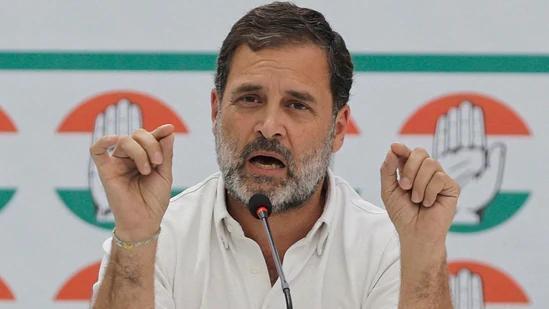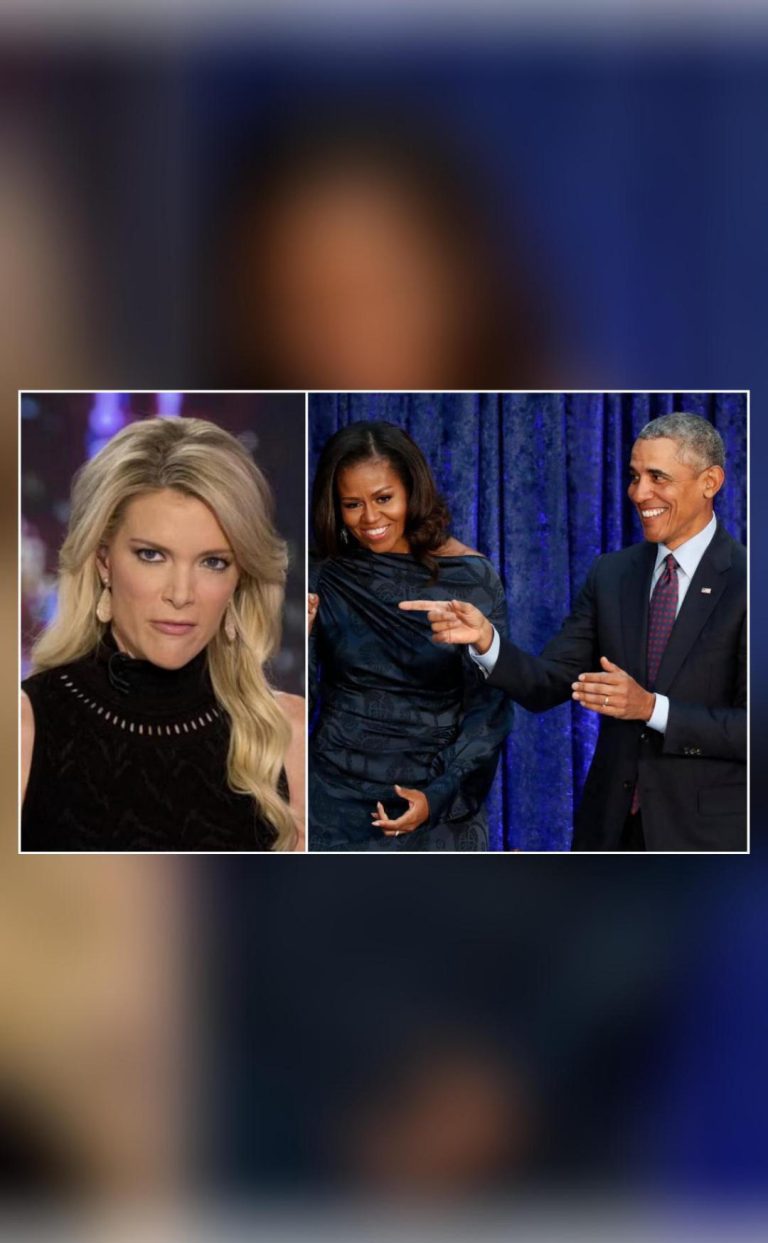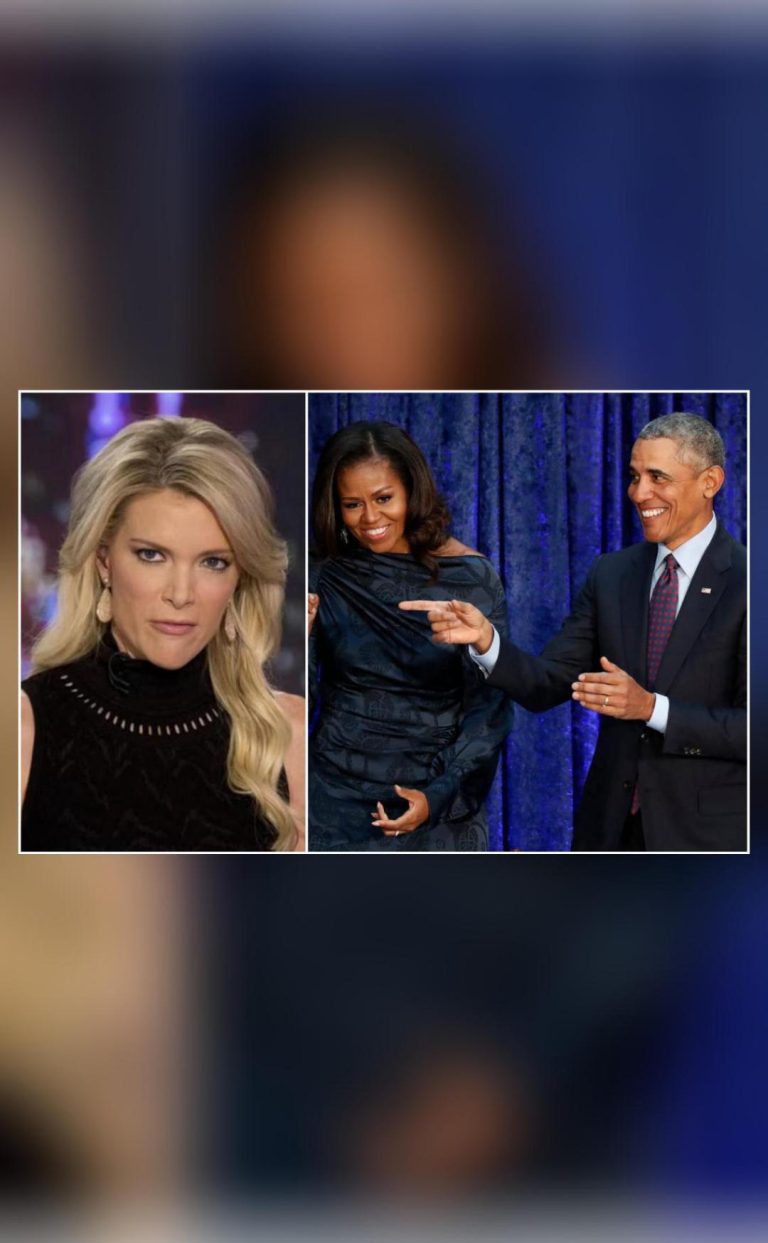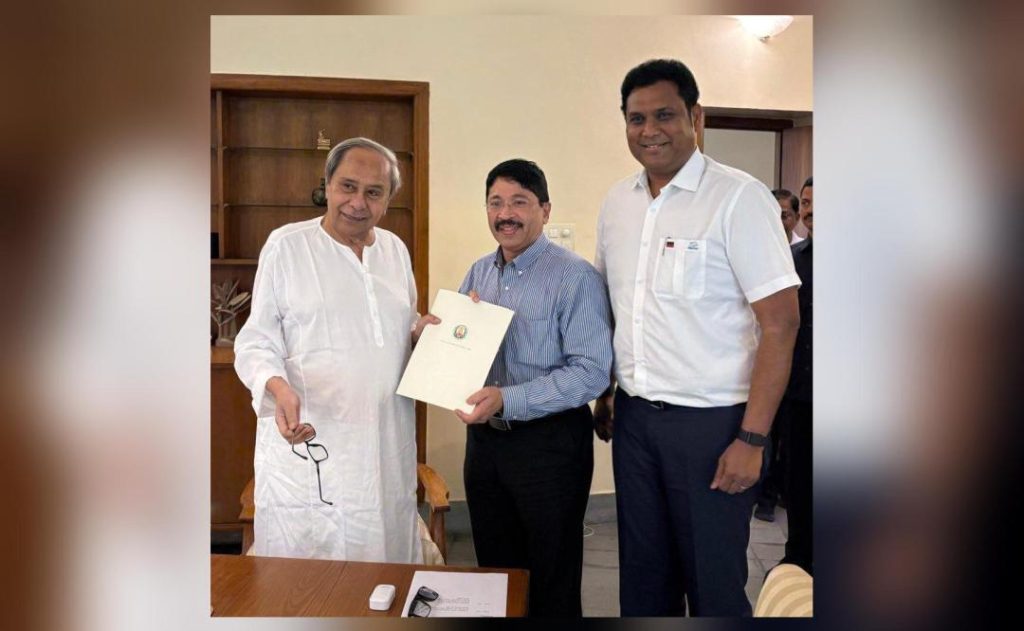
DMK Invites BJD Chief Naveen Patnaik for Meet on Delimitation
The opposition against the delimitation of Lok Sabha seats based on population is growing, with the Dravida Munnetra Kazhagam (DMK) inviting the President of the Biju Janata Dal (BJD), Naveen Patnaik, for a joint meeting in Chennai to discuss the matter. The DMK has been vocal about its opposition to the delimitation of Lok Sabha seats, and the invitation to Patnaik is a significant development in the ongoing debate.
A DMK delegation, led by senior leader Debi Prasad Mishra, met Patnaik on Tuesday and extended the invitation. Mishra told PTI that Patnaik has expressed the BJD’s concern about the matter, indicating that the Odisha regional party is also opposed to the delimitation of Lok Sabha seats based on population.
The DMK has been at the forefront of the opposition against the delimitation of Lok Sabha seats, citing concerns about the potential impact on the political landscape of the country. The party has argued that the delimitation of seats based on population could lead to the marginalization of smaller states and regions, and could also lead to a concentration of power in the hands of a few major parties.
The DMK’s opposition to delimitation is not limited to theoretical concerns about the political implications. The party has also pointed out that the delimitation of seats based on population could lead to the loss of representation for smaller parties and regional outfits. This, the DMK has argued, could lead to a two-party system in India, where a few major parties dominate the political landscape and smaller parties are unable to get a foothold.
The BJD’s opposition to delimitation is not surprising, given the party’s strong presence in Odisha and its concerns about the potential impact on the state’s representation in the Lok Sabha. The BJD has been a vocal critic of the delimitation process, and has argued that the process is biased and designed to benefit a few major parties at the expense of smaller parties and regional outfits.
The DMK’s invitation to Patnaik is significant because it marks an attempt to build a broader opposition to delimitation. The DMK has been trying to build a coalition of smaller parties and regional outfits that are opposed to delimitation, and the invitation to Patnaik is a key part of that strategy.
The DMK has also been trying to build a narrative around the delimitation issue, arguing that the process is undemocratic and could lead to a concentration of power in the hands of a few major parties. The party has been using various platforms to highlight the potential risks of delimitation, and has been urging other parties to join the opposition to the process.
The BJD’s decision to join the opposition to delimitation could have significant implications for the political landscape of India. The party has a strong presence in Odisha and has been a key player in the state’s politics for several decades. If the BJD joins the opposition to delimitation, it could add significant weight to the DMK’s campaign against the process.
The DMK’s invitation to Patnaik is also significant because it marks an attempt to build a broader opposition to delimitation that goes beyond party lines. The party has been trying to build a coalition of smaller parties and regional outfits that are opposed to delimitation, and the invitation to Patnaik is a key part of that strategy.
The DMK has also been trying to build a narrative around the delimitation issue, arguing that the process is undemocratic and could lead to a concentration of power in the hands of a few major parties. The party has been using various platforms to highlight the potential risks of delimitation, and has been urging other parties to join the opposition to the process.
In conclusion, the DMK’s invitation to BJD President Naveen Patnaik for a joint meeting in Chennai to discuss the delimitation of Lok Sabha seats is a significant development in the ongoing debate. The party’s opposition to delimitation is not limited to theoretical concerns about the political implications, but also reflects a genuine concern about the potential impact on the representation of smaller parties and regional outfits in the Lok Sabha.
The BJD’s decision to join the opposition to delimitation could have significant implications for the political landscape of India, and it remains to be seen whether other parties will join the opposition to the process. However, one thing is clear: the DMK’s invitation to Patnaik marks an attempt to build a broader opposition to delimitation that goes beyond party lines, and could have significant implications for the future of Indian politics.
Source: https://repository.inshorts.com/articles/en/PTI/91e12277-f273-4b13-b1aa-c71ba1e702e7
